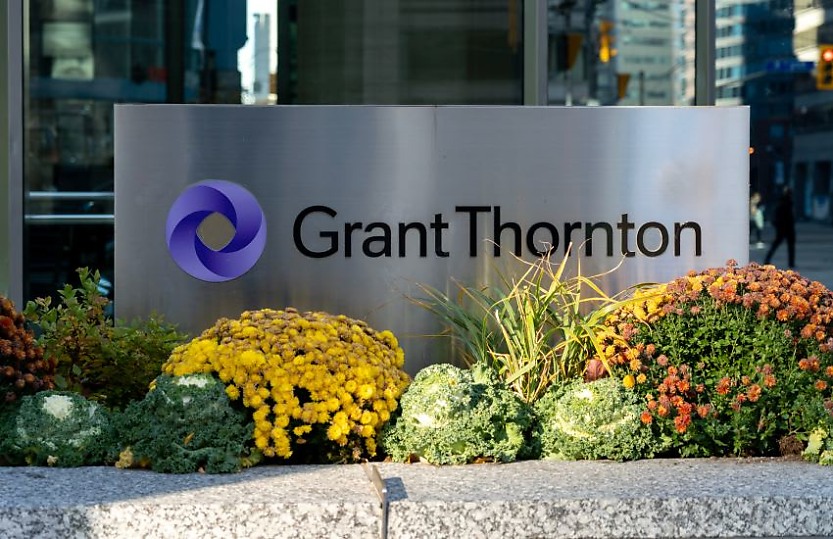Grant Thornton outlines critical preparations for AML regime

Boards should ensure their businesses are prepared for new anti-money laundering laws, Grant Thornton has warned.
Businesses should prepare for ‘once in a generation’ amendments to Australia’s anti-money laundering (AML) and counter-terrorist financing (CTF) rules, set to take effect in March 2026, Grant Thornton said.
“[The amendment] aims to protect the Australian economy from criminal exploitation, such as money laundering from child exploitation, drug trafficking, scams, and financial fraud,” Neil Jeans, partner at Grant Thornton said in a release.
“As the criminal landscape becomes more sophisticated, so must our AML laws. It’s critical Boards and those governing businesses covered by the new AML regime ask the right questions to safeguard their businesses and where there is a skills gap at that level, they should be seeking expert advice to avoid unwanted threats.”
The reforms would bolster Australia’s ability to effectively deter, detect and disrupt money laundering and terrorism financing, the Australian Transaction Reports and Analysis Centre (AUSTRAC) said.
Grant Thornton advised firm leaders to consider how their business is preparing for the new AML rules, and assess whether they have adequate capability to address the incoming reforms.
Businesses should also plan how they will monitor and report AML and CTF activities and address deficiencies within their practices.
Grant Thornton noted that existing reporting entities which provide such ‘designated services,’ including accountants, auditors and tax advisors, would be subject to significant changes under the new AML legislation.
Designated non-financial businesses and professions (DNFBPs), which include lawyers, accountants, real estate agents and casinos, are non-financial businesses and professions which may be seen as an attractive channel for money laundering and terrorist financing.
Reforms to Australia’s AML and CTF regime have sought to align it with international standards and minimise the risk of Australia being grey-listed by the Financial Action Task Force (FATF) at its next evaluation in 2026.
The FATF is a global money laundering and terrorist financing watchdog which sets international standards that aim to prevent illegal activities. A poor FATF evaluation could negatively impact Australia’s reputation and thus hamper trade relations.
As of March 2024, Australia is compliant with 18 FATF recommendations, largely compliant with 12, partially compliant with 6 and non-compliant with 4.
Australia is non-compliant with recommendations related to customer due diligence, transparency and beneficial ownership of legal arrangements, regulation and supervision of designated non-financial businesses and professions (DNFBPs) and other measures related to DNFBPs.
Grant Thornton said that boards and governing bodies should take care to manage AML and CTF risks, and provide sufficient resourcing to ensure their businesses remain compliant as the updated legislation takes effect.
“A good culture of compliance will filter down into senior management and then further into the organisation,” said Jeans.
“If Boards can establish their AML program effectively from the start, then meeting the new mandated obligations will become simpler, reducing the risk of being targeted by criminals.”






